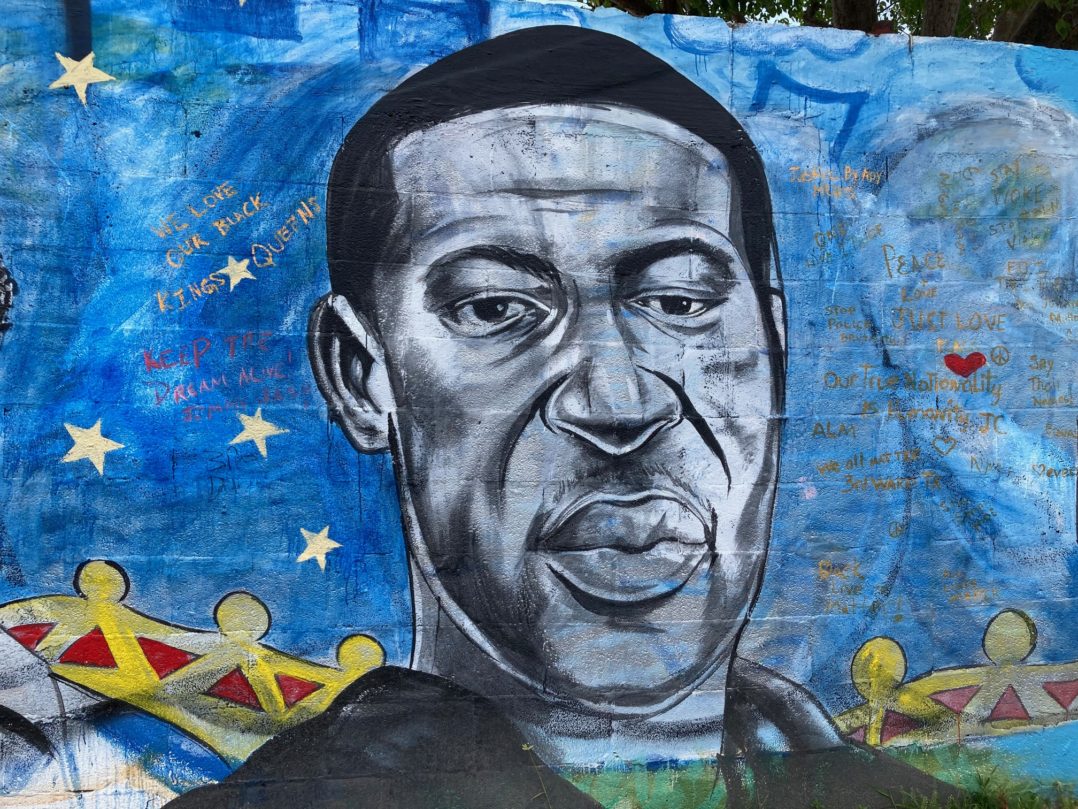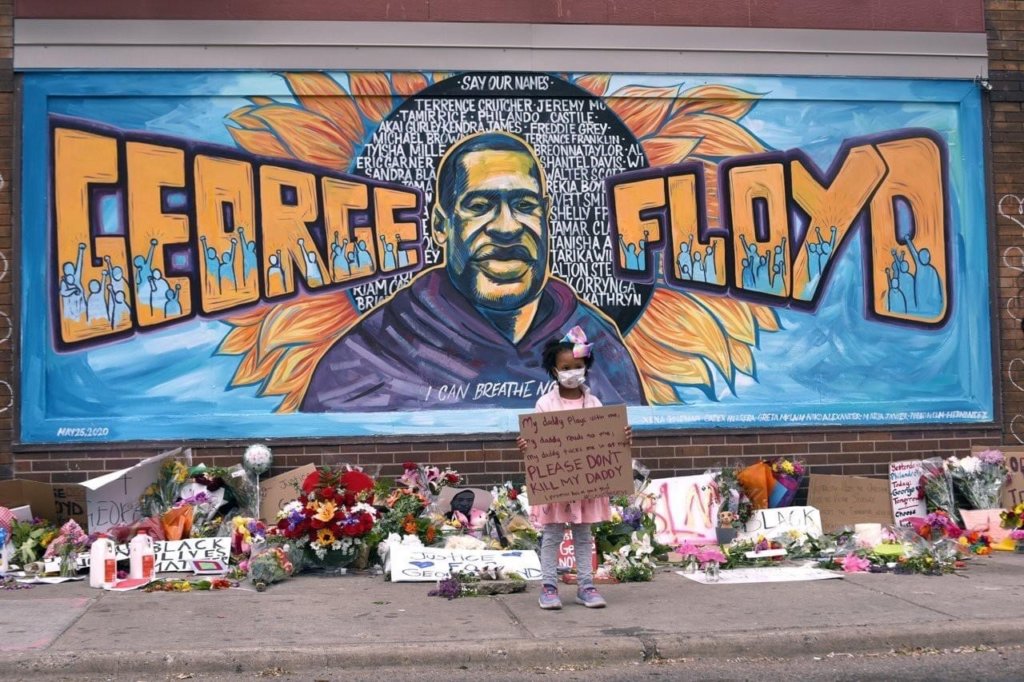GUEST COMMENTARY: One Year After the Murder of George Floyd, Learning How U.S. Citizenship & Belonging Rely on Anti-Black Americanness
It was really hot when my partner and I left South Beach to meet up with a friend across the bay in Miami’s Wynwood Arts District, so we were relieved when our Lyft driver picked us up and got us out of the sun. As soon as we got in the car, I noticed the driver spoke to us in Spanish, so I did the same, mentioning how hot it was and how much activity there was in South Beach. The driver, a White Cuban with light blue eyes, responded by saying:
“Look at these people making all this noise.”
He seemed to be scoffing at the crowds of vacationers filling South Beach’s streets, bars and restaurants, and his comment left me baffled. Many of the people in the crowds were Black, but I wasn’t sure if that’s what he was referring to. Most of us who grew up in Latinx spaces are used to hearing comments such as “be careful with the Black people” and “there are too many Black people over there.”
I asked him what he meant, and he responded by asking: “Who do you see out here on the streets? Look, look, tell me.” At that point, it was clear that he was being overtly anti-Black.
“Black people?” I asked as if I was extending him another chance to correct himself. This, afterall, is a Lyft driver dealing with the public. I wanted to give him the benefit of the doubt. “Yes, who else?!”
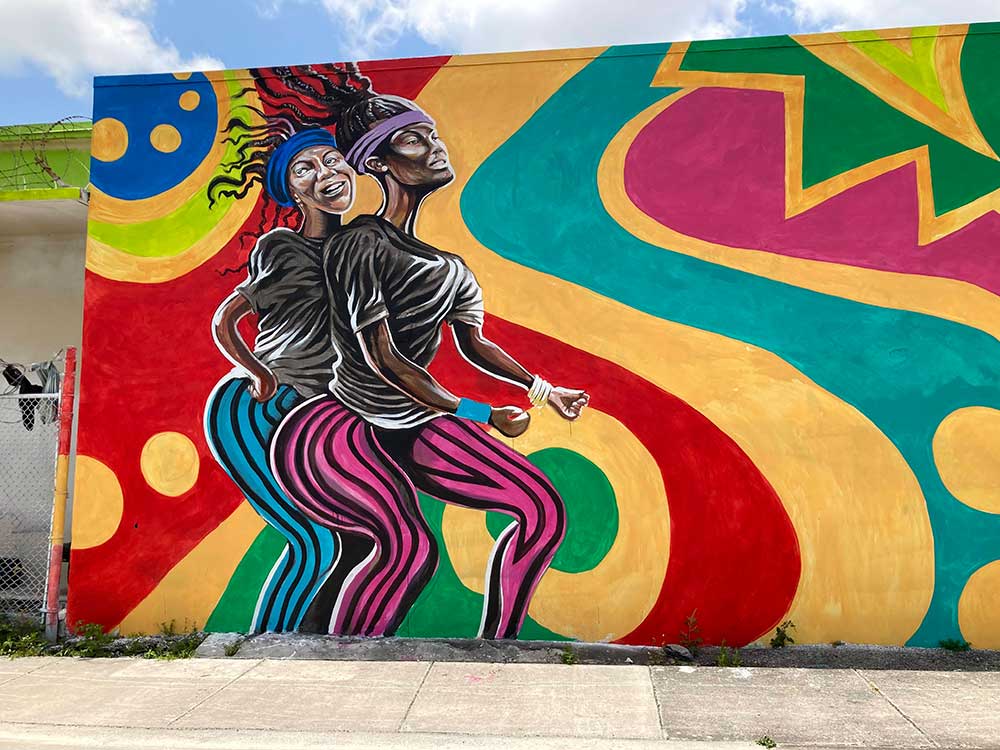
My partner, a Black Dominican woman, stared at me in frustration because it was clear he wasn’t getting off his anti-Black horse anytime soon, but she had decided to not say anything, preserving her energy in lieu of getting to our destination safely. At the next red light, the car behind us stopped and a young Black man got out of the car and started dancing in the street.
Our driver pointed in the young man’s direction.
Black folks have been coming to South Beach to vacation and enjoy their lives ever since the end of segregation, which came right about the point that the first Cuban exiles came to Miami to flee the Cuban revolution. Lately, mass media has focused on South Beach revelry getting out of hand. Certainly, large crowds were a pandemic concern, and it’s not uncommon for crime to spike during tourist season, but there has been an alarming tendency in social media circles, including South Beach neighborhood Facebook groups, to attribute these issues to Black people. Before COVID-19, when White folks party in the streets of South Beach during events like Ultra Music Conference, now postponed due the pandemic, the revelry is not criminalized, punished, or surveilled. White revelry is not policed behavior.
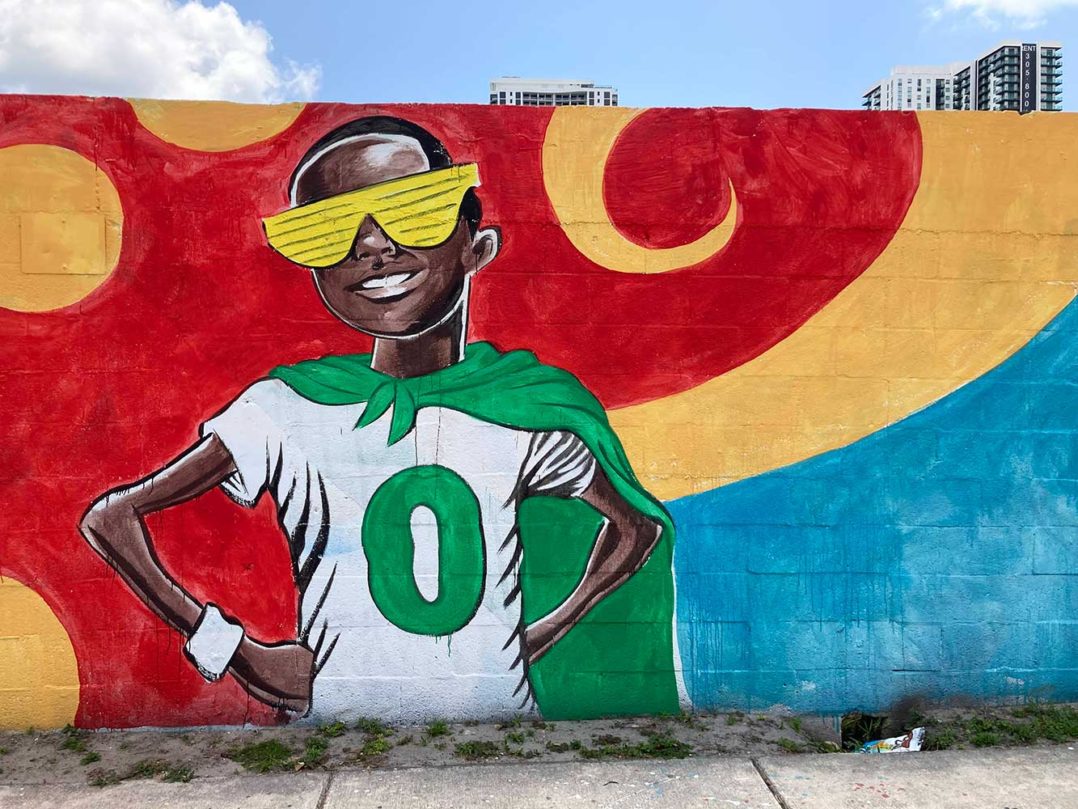
“You see! They don’t know how to behave, and they stink,” he said with a chuckle.
Now I was really mad.
“If you’re going to be a racist, you can drop us off right here! We’re not here for this,” I told him.
“Don’t worry, I’m not a racist, brother, I’m a decent human being, a worker, and I have a lot of respect for humanity,” he responded.
“It’s problematic for you to say this. We’re Black too,” I told him.
“Yeah, but you’re different. Our Black people are different, and I have many Afro-Cuban friends, Dominican friends, and good Haitian people that I know.”
I sat there thinking about how problematic his comment was. We could have gone ahead and jumped out of the car, but I thought perhaps talking to him about how problematic his comments were would allow him to come to an understanding. Furthermore, we were almost at our destination. Unfortunately, he quickly returned to his anti-Black ideologies, his idea of good behavior, and what he considered the problem with Black people protesting hate and rioting. In fact, he went so far as to justify the murder of George Floyd by saying, “I understand why they killed him. The man was an animal, he was huge!”
“Bro, he was being suffocated while handcuffed on the ground and begging for his life!” I told him.
The driver’s lack of empathy for Black life was appalling but not surprising.
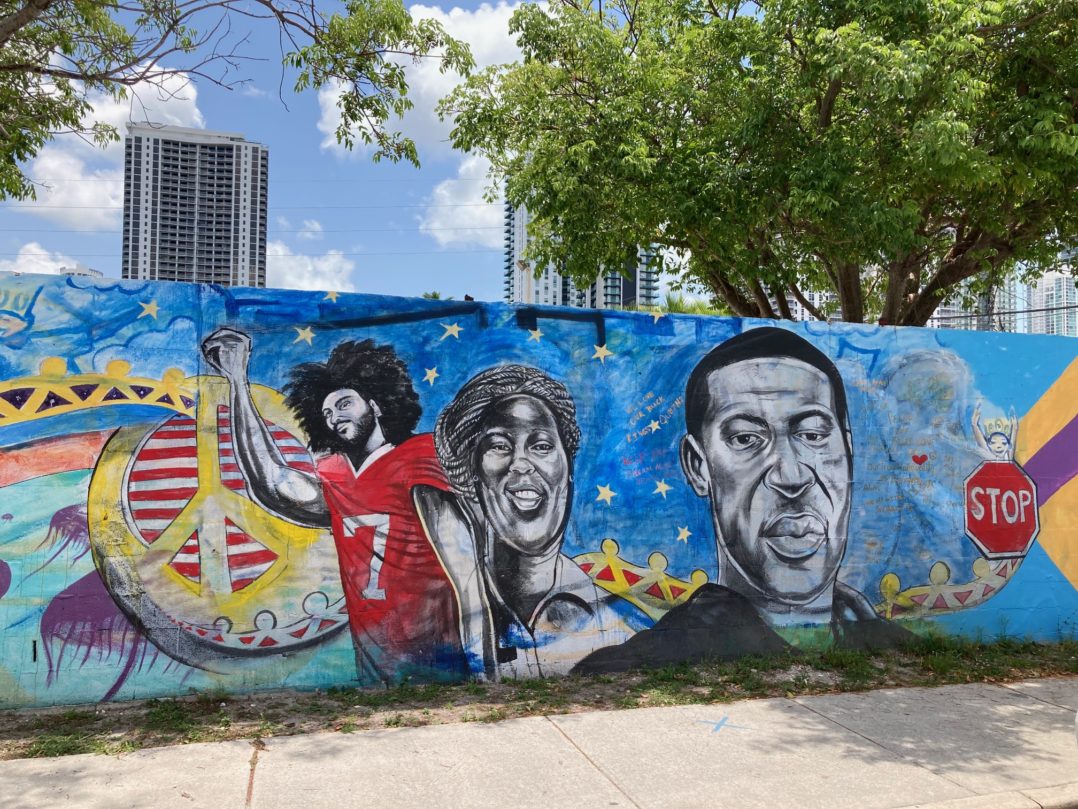
“Well, when the cops looked him up, they found he had a background. Why would they treat him well when he has a record?” The driver said. “Nothing ever happens to me. When the cops stop me. They look at me, they look in their system, and they’ve never given me any trouble.”
“That’s because you’re White,” my partner responded.
He ignored her and continued with his racist discourse, offering examples of multiple times he’d been mugged by Black people.
As we arrived at our destination, the driver was still talking, going on about how different groups of Black immigrants came to this country, and didn’t act like Black Americans.
I continued to refute him as we got out of the car. My partner and I arrived at our destination emotionally traumatized, coerced into witnessing this discursive anti-Black violence in order to arrive physically safe. As soon as we found my friend at the restaurant, my partner excused herself to the bathroom to grieve from the rage that she chose to silence in fear of physical violence. I was in shock, not because it was entirely unexpected, but because of how disempowered I also felt during that ride.
How could someone watch the George Floyd video and justify it? How is that possible? How has anti-Blackness and White supremacy infested our communities to the point of targeting a specific Black American ethnic group?
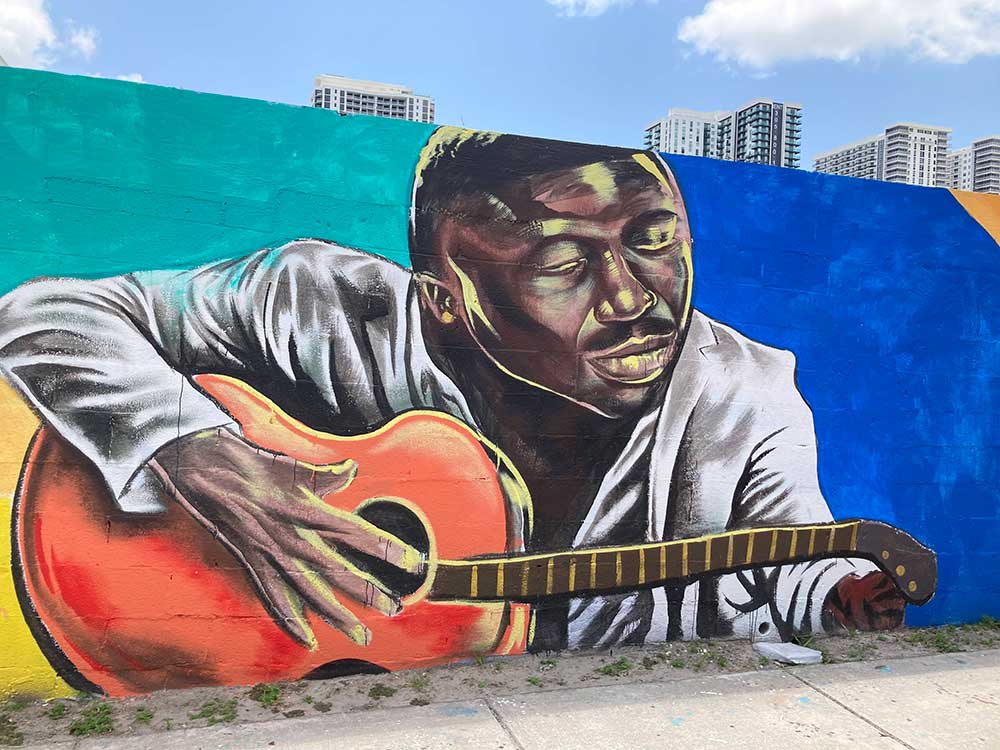
I have always advocated for nuanced conversations between horizontal dimensions of power. I have always advocated for marginalized communities to discuss how we oppress each other in order to get some scraps of citizenship in this country. Those conversations usually only end well when we can all agree that White American people are the only problem. However, the comments made by that driver and his justification of George Floyd’s murder by police is hard to bear. It underscores how racially problematic our Latinx communities are. Although it is necessary to underscore the many Latinx organizations who have stood in solidarity with Black Lives Matter, we have seen anti-Blackness run rampant especially against Black Americans.
As a trained historian and Afro-Latinx educational curriculum consultant, I always research multiple perspectives on a given topic alongside subjective experiences in order to assess the topic at hand. In this case, it’s looking at the role that U.S. American citizenship and belonging plays out in multiple ethnically and racially marginalized communities. We see this with all ethnic and racial groups as they commit acts of violence against each other through the channeling force of White supremacy.
For many Latino/a/x immigrants, assimilating into American citizenship means they must also embrace the most American (read: White) thing in the United States: anti-Black Americanness. To do so is to believe you are securing your American citizenship and belonging, and to show how grateful you are to this country and the people who run it. In other words, if White Americans spit on Black Americans, Latinos/as/xs will spit on them harder, so that those in power will not doubt their loyalty or how much they deserve American citizenship, one considered far more appealing because America is sold as the land of opportunity.
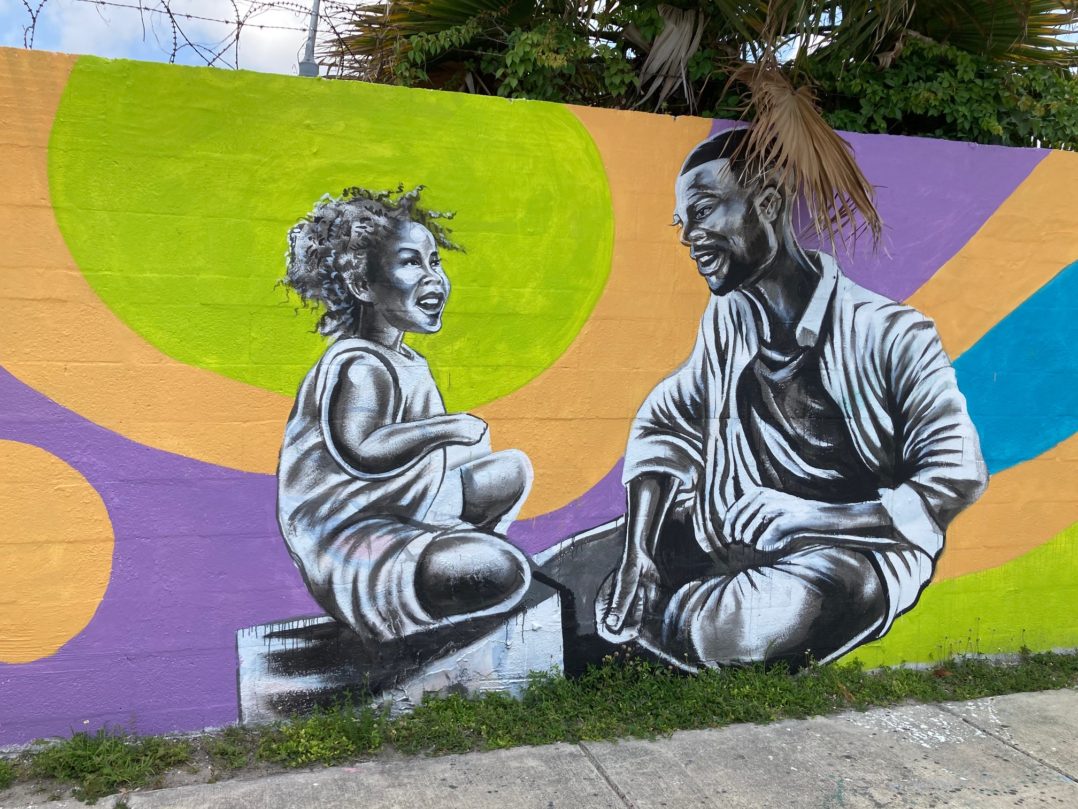
That narrative is so common among immigrants and their children that some consider the U.S. system to be flawless. Some folks may fall into the “individualistic fallacy” trap which assumes that racism and anti-Blackness is not a systemic issue based on coloniality.
I understand why some folks may not like the fact that some protestors during Black Lives Matter protests vandalize mom-and-pop stores, and why that may not be the best way to get attention. Still, the comments from our Lyft driver revealed how many of those same people who are mad at vandalism, don’t get mad at the killings of Black people, and in fact, how they may even empathize with those killings. I can understand people’s opinions on how to handle interaction with cops when being stopped and I agree that some video cameras lack different perspectives, but that doesn’t justify the killing of Black people. It’s like Julio Ricardo Varela said in a recent Washington Post article about a Latino police officer’s aggression against an Afro-Latino veteran:
“The release of the video showing Virginia police officer Joe Gutierrez harassing, threatening and pepper-spraying Caron Nazario, A Black and Latino Army second lieutenant, has offered yet another tragic reminder that it is time to have a conversation about dismantling anti-Black racism in the Latino community.”
The white Cuban Lyft driver has no way to distinguish between “Black Americans” and “Afro-Cubans” simply by looking at them, and that unveils a flawed “othering” whenever Black bodies are categorized and nationalized. Obviously, the White Cuban could care less about either Afro-Cubans or Black Americans but the politics of “othering” avoids the cognitive dissonance behind anti-Blackness and the need to achieve citizenship by partaking in White resentment and violence.
Why was that White Cuban driver so mad at seeing Black people have a good time? What is it about Black people having a good time that causes him so much frustration and fear? Similarly, when Latino Officer Gutierrez harassed Caron Nazario, he wasn’t thinking about whether Nazario was Afro-Latino or not. He was more focused on targeting and disciplining Black bodies. As underscored by Ricardo-Varela, “Gutierrez’s actions showed how White supremacy has shaped the attitudes of many Latinos—sometimes with deadly consequences.”
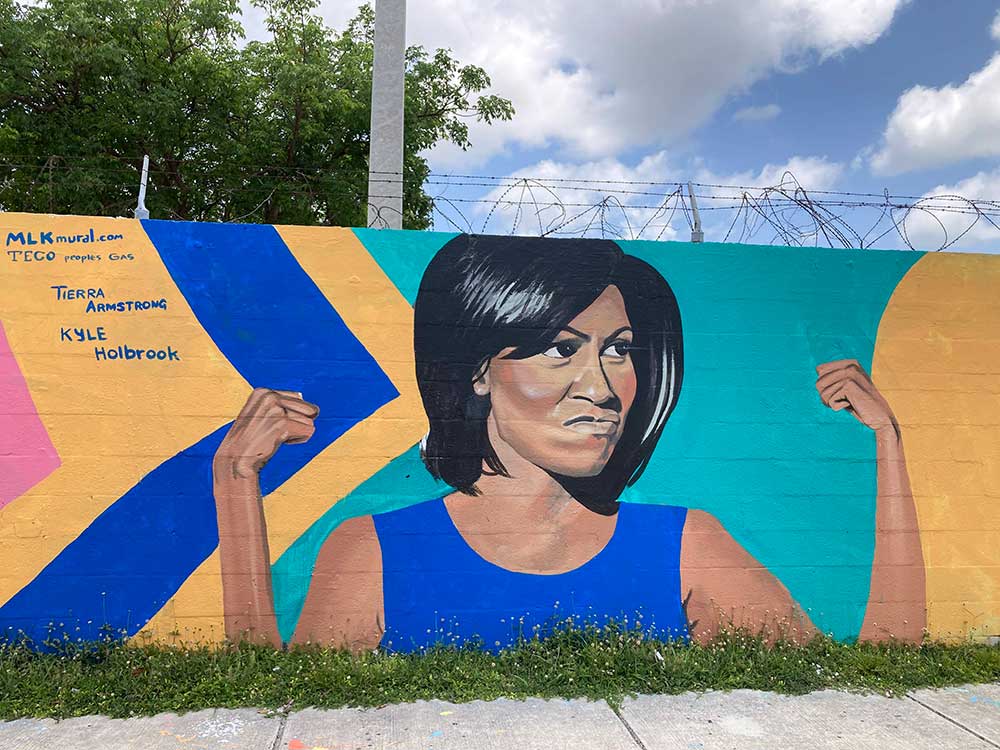
Many Latinos/as/xs use anti-Black American dissidence as an excuse to hide a history of being anti-Black in their own countries. The appalling comments from that Lyft driver clearly demonstrate that there is more work to be done. We must educate others regarding mass incarceration, the school-to-prison pipeline, and Black rage. The confrontation with the driver also reminds us that we need to channel our energies toward each other while admitting how we are all complicit. Certainly, many people of different races, including non-Black Latinx folks, have been in solidarity with Black lives, and those examples of allyship should be recognized. However, it’s also crucial that we remind ourselves why we advocate for change and actively participate in practices of anti-racism.
-Author William Garcia-Medina is a Ph.D. Candidate in the Department of American Studies at the University of Kansas. In 2016, Garcia-Medina earned an MA in Curriculum and Instruction from Teachers College–Columbia University in New York City. He also has an BA and MA in history from the University of Puerto Rico-Recinto de Río Piedras. Garcia-Medina is a contributor for Latino Rebels since 2015 and has made appearances on Latino USA and NPR. He tweets from @afrolatinoed.

